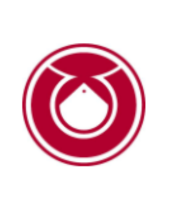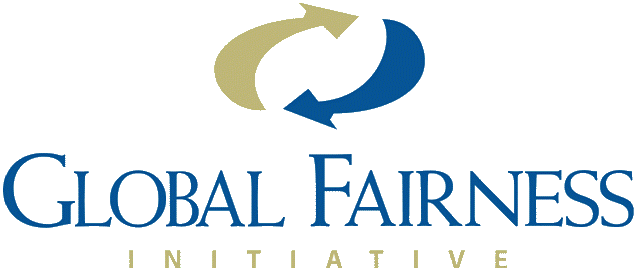India: Women Farmers with Global Potential
Implementing Partners: Self-Employed Women's Association

For nearly a decade the Global Fairness Initiative (GFI) has been a leader in providing solutions that open economic access and opportunity for working poor communities around the globe. Women represent the greatest potential for putting an end to the cycle of poverty; because of this, GFI programs focus on improving business practices for peri-urban and rural women-run businesses so that they can increase profits.
The WFGP program was a collaborative project of GFI, the Self Employed Women’s Association (SEWA), and the Brookings Insitution. It was designed to open doors to education, environmental innovations, and market access for women farmers in India. By giving women farmers the information and tools needed to run their businesses, GFI and its partners are helping to raise women and their families out of poverty.
Agriculture makes up to 60% of India’s economy. Although it comprises the vast majority of the economy, it only accounts for 19% of India’s GDP. To add to the pressures of rural workers, agricultural productivity has stagnated in recent years, resulting in a decline of farmer’s incomes. Concurrently, costs for fertilizer, seeds, land leases, and diesel continue to rise, trapping farmers in a vicious cycle of hard work with no security due to the instability of the agricultural markets.
The majority of agricultural production is handled by women and adolescent girls. Farm work is even more demanding for women as women’s work is not traditionally recognized in policy making because, for the most part, their work remains within the informal sector, isn’t measured in real wages, and falls outside of market activity. Land rights also pose a problem for women; traditionally, land rights in India pass through a woman’s husband or to the eldest son. This also impedes their access to credit and collateral, leaving women marginalized from their local economy.
Since 2008, GFI and its partners have worked hard to address the major issues facing women farmers where we are best to lend our expertise. In 2009, over 2,000 farmers received training in organic certification, business plan development, and precautionary measures to better face abrupt climate change. These trainings allow farmers to swiftly access information and address their most pressing concerns.
The most notable achievement has been the creation of women-run Trade Facilitation Centers and later, thanks to its success, their extension to village level Trade Centers. Trade Facilitation Centers have allowed thousands of women to have a safe space to develop business plans, learn more about finance options, and discuss policy change. Of equal importance, it has given women a space to showcase their products to potential buyers and access higher paying markets.
